#ff101
Text
FF102: Unit 4, Writing Children
Hello! So, because we screwed the pooch and didn’t take into consideration how long it would take to write the Diversity chapter, we are giving you 2 chapters in 1 week. The second part of this week is writing kids, which came about after the many parent fics and Hogwarts/Percy Jackson fics that the Editor and I have read.
The biggest mistake you can do, the one that really shows your lack of experience as a writer is dumbing down children. Kids are just like any other adult OC. They need growth, motivation, strengths, and weaknesses. You lose power in writing kids when you infantilize them, and you need to understand the general age brackets of how kids operate. I myself struggle with this, but kids can hold a conversation just like an adult can. They can have meaningful and profound discussions. That’s how the saying, ‘out of the mouth of babes’ came around. Now, that doesn’t mean that the children are smarter than adults, but they can absolutely keep up. For example, I had a talk with my 7-year old cousin once. She asked me if I thought of myself as funny. I said yes, and she then asked if I had to work hard to be funny or if God made me naturally funny. It was a conversation I wasn’t prepared for, but I still had it with her all the same. Think back to when you were a kid. If you didn’t talk like or do the things you’re making your child OC do, then don’t make that OC do them!
What we usually see in child OCs is that they are cut back emotionally and mentally to the age of a common 3-year old. Pervocracy wrote a great memo on how to handle children while they worked as a childless nurse. I will summarize that memo and add my own notes as well. It will be cited below for your convenience.
From the time of birth to a year old, the child is a baby. They can crawl and walk, and may have a few words or be able to recognize people, may know parts of the body “Can you show me where your feet are?” but they are essentially small animals. You have to be gentle and affectionate, and don’t expect them to cooperate. Babies cry, but more often than not they cry as a means to communicate.
A child aged 1-2 years old is a bit more difficult. They have more mobility and have gained more of a voice. The “terrible twos” come in to play here and the child is able to walk and run around. Often children at this age are dependent on the response of their caregivers. If a child falls, they only will make a big deal out of said fall because their caregiver does. They cry because their caregiver has clued them in socially that they are hurt. That’s why you see a lot of moms tell their babies, “it’s okay!” or “you’re okay.” They have to reassure the child that they are in fact fine so the child does not react. Children at this age can speak, but it may still be simple sentences. They can’t get deep yet. They also will recognize strangers and want to avoid them.
A toddler/preschool child is around the age of 3-5 years old. They are more socialized, given this is the age where most children go to daycare, preschool, or kindergarten. They are potty trained by this age. Do not write a 3-5-year-old OC and have her still in diapers. That isn’t realistic. These kids are also fully mobile, and this is the age where you can start seeing the baby’s personality. Are they a hyper child? Do they like animals? If the child dances, most dancers start pre-ballet classes at this age. Do they want to go outside all the time or are they more comfortable spending time inside? Babytalk from the child, ie: mama, dada, I want, etc. Is not realistic. Again, the child may have simple sentences, but they’ve learned enough words at this point to not have to resort to speaking like that. These kids are easily distracted and likely have been weaned off naps. Parents can still babytalk these kids, a phrase here which means speak to them in that sweet little-kid voice, but the baby will not babytalk to their parents.
A small child is roughly the ages of 6-10. These kids in America are already in school. A 6-year old is the average age of first graders, and a 9/10-year-old is roughly a 3rd grader. They will not respond well to babytalk. These kids want to be treated like adults but may still have childlike tendencies (may still pout, whine, cry, etc.). They have been fully socialized by this point as they will have had years in daycare or school racked up at this point. They are outgoing and less afraid of strangers. Most prodigy children who play an instrument will have started their instrument around age 5 or 6 (source: was a prodigy child. Started violin at 6). They like to see cool or fun or gross facts and are eager to learn and joke around. At this age you’re still watching Spongebob unironically, so treat them as such.
A preteen is around the ages of 11-14. The child, if it’s a girl, may experience her first period, the child, if it’s a boy, will go through puberty. Girls may develop quicker, as many boys can recall a point in like 5th grade where all the girls were suddenly taller than them. These children are fussy and frustrated because they think they know more than they actually do, but are still treated for the most part like kids. They still need bedtimes and house rules and restrictions, but they don’t want them. A child will likely learn swearwords and start using them out of sight of their parents around the age of 12. This is also where a child’s cringe phase comes in because they will be going through middle school, which is the worst time in every kid’s life and a time that they all want to forget.
A teenager is around 15-18. These are young adults. They have freedoms, mainly the ability to drive a car, but their life experience is limited. Around this age is where a child would get a girlfriend or boyfriend. No sex at this age. Don’t do that to your OCs. In Harry Potter, we often see writers jumping the gun and having their OCs hook up with Draco Malfoy in the third year. That’s too early for a kid. That kid would still be a preteen, and their life experience is limited. They also would be incapable of giving consent for something like that. Wait until they are 15-18. In Harry Potter fanfic, that would be years 5-7. This age of OC will want some autonomy away from their parents. If they visit the doctor’s office they may want to go alone. If you offered them a sticker at the doctor’s office, they’d take it ironically. They may experience early stages of depression, anxiety, or stress that can be caused by their school or home life because they have more expectations placed on them. They may have hobbies or be involved in after-school activities. A 17-year-old or 18 year old will be thinking about college.
Notice the progression as the ages go up. A 5 or 6-year-old won’t have the pressures of a 17-year old, but they can still hold a conversation and do similar activities to the teenager. A 1-year old will speak in baby talk, but that window is very small and narrow, and in fanfiction we often see it carry on for much longer than it should. Babies grow faster than you think. They develop faster too, and you don’t want to limit your OC’s ability for growth because you’ve shoehorned them into one specific age. Child OCs deserve character growth just like adult OCs. The fun part about writing kid OCs is that the audience can see them grow into what would be already-developed personality traits and hobbies in an adult OC. The things that would get added to your internal character bio get to grow and blossom right in front of us. If you write a child OC, give them the chance to do that. Give them the chance to grow.
Finally, most Harry Potter or Percy Jackson fanfics start the OC off as a first-year, which luckily for us is the same age as a new camper at Camp Half-Blood. Both are 11 or 12. We had a note for young OCs in Fanfiction 101 Unit 3: Please Stop Using Emily Rudd. I will reiterate that point: these OCs are 11-12 at the start of the fanfic. You should not be describing how “strikingly beautiful” an 11 or 12-year-old is. On top of that, children don’t notice things like that. Save attraction for when they’re like 14. That’s when it’ll have a more meaningful impact.
Next week we’ll be getting more technical. The next unit is a topic the Editor and I have a lot of experience in, and hopefully, we’ll be able to bring in some outside perspectives.
Xoxo, Gossip Girl.
Sources:
Pervocracy's Tumblr
#ff101#ff102#Fanfiction102#fanfic#Fanfiction#writing#my writing#OC#self-insert#Harry Potter#DC Comics#Batman#Batfam#Marvel#Daredevil#Supernatural#Sherlock#percy jackon and the olympians#Percy Jackson#avatar the last airbender#ATLA
12 notes
·
View notes
Photo
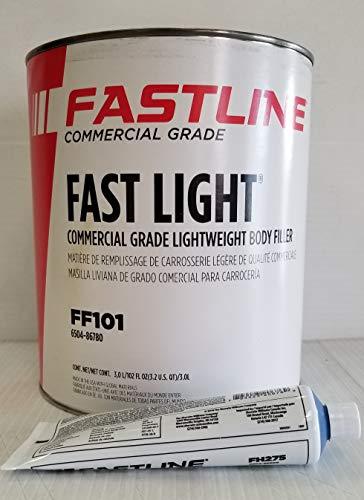
FASTLINE Commercial Grade Lightweight FF101 Body Filler AUTO Paint Restoration CAR Paint Supplies
0 notes
Photo
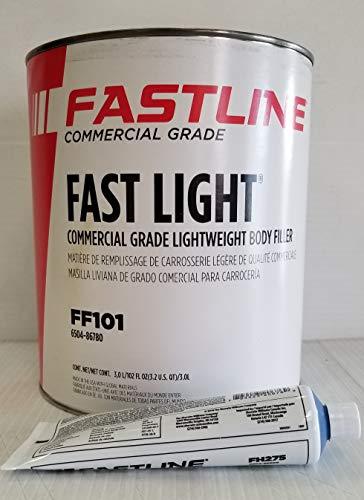
FASTLINE Commercial Grade Lightweight FF101 Body Filler AUTO Paint Restoration CAR Paint Supplies
0 notes
Photo
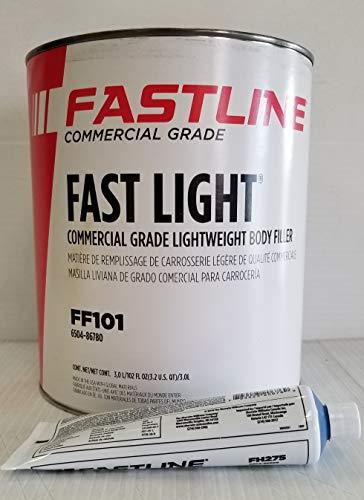
FASTLINE Commercial Grade Lightweight FF101 Body Filler AUTO Paint Restoration CAR Paint Supplies
0 notes
Photo
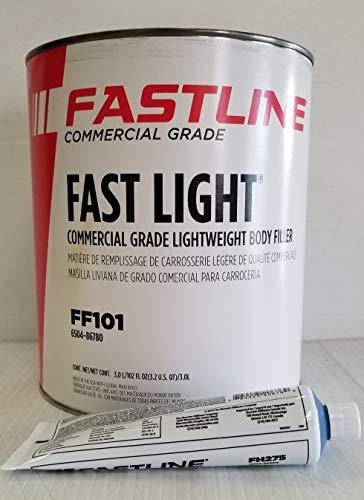
FASTLINE Commercial Grade Lightweight FF101 Body Filler AUTO Paint Restoration CAR Paint Supplies
0 notes
Photo
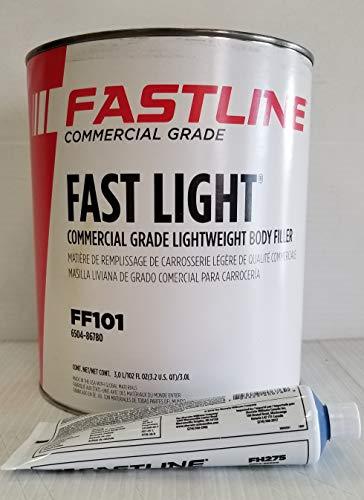
FASTLINE Commercial Grade Lightweight FF101 Body Filler AUTO Paint Restoration CAR Paint Supplies
0 notes
Photo
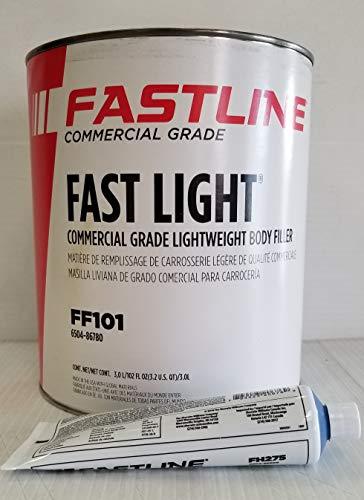
FASTLINE Commercial Grade Lightweight FF101 Body Filler AUTO Paint Restoration CAR Paint Supplies
0 notes
Text
Unit 3: Face Claims, Please Stop Using Emily Rudd
Ok. So now lets look at face claims. Face claims are a broader topic to character creation and OCs as a whole. I like face claims. They’re great, because they allow you the writer to get in your head what the main character looks like and how they fit in with the cast and the world. I have nothing against face claims, I use them myself because I like to visualize what I’m working with. However, as we’ve seen in Unit 2, it’s on the writer to convey what the character looks like. As we’ve seen in Unit 1, the character should be cohesive with the rules of the universe. Face claims and characterization can apply the first two units very easily.
Reference images are for your eyes only, so that you can see what the character looks like. When describing a character, pull details from your reference image to explain what they look like. You do not have to be overly specific. Ebony Dark'ness Dementia Raven Way is a prime example of being overly specific, given the first paragraph of her fanfiction My Immortal is:
“Hi my name is Ebony Dark’ness Dementia Raven Way and I have long ebony black hair (that’s how I got my name) with purple streaks and red tips that reaches my mid-back and icy blue eyes like limpid tears and a lot of people tell me I look like Amy Lee (AN: if u don’t know who she is get da hell out of here!). I’m not related to Gerard Way but I wish I was because he’s a major fucking hottie. I’m a vampire but my teeth are straight and white. I have pale white skin. I’m also a witch, and I go to a magic school called Hogwarts in England where I’m in the seventh year (I’m seventeen). I’m a goth (in case you couldn’t tell) and I wear mostly black. I love Hot Topic and I buy all my clothes from there. For example today I was wearing a black corset with matching lace around it and a black leather miniskirt, pink fishnets and black combat boots. I was wearing black lipstick, white foundation, black eyeliner and red eyeshadow.”
Never do this. I will find you and we will have a very nice conversation about how to improve your writing. Ebony Dark’ness Dementia Raven Way breaks the three big rules of characterization and character description: She drops the face claim directly in the narrative (Amy Lee, lead singer of Evanescence), she describes every characterizing feature about her (vampire teeth, ebony black hair), and she describes her complete outfit. To give a better standard of describing characters, we are going to fix Ebony Dark’ness Dementia Raven Way.
Young Adult novels very often stick to height, hair color, eye color, and body shape. This is something you as an author should think about, but sticking just to this blueprint can be pretty generic. When you look at other people, those aren’t the only things you notice, right? Those aren’t even things you necessarily need! A big example of going against the grain of the standard is found in The Great Gatsby. Despite having loads of color imagery, we never learn what Daisy’s hair color or eye color is. But somehow, we don’t need them because we are supplemented with, “Her face was sad and lovely with bright things in it. Bright eyes and a bright, passionate mouth.” Fitzgerald focuses on how his characters carry themselves and their facial expressions. These give descriptions of their personalities. When he does describe hair color or eye color, he does it in a way that fits with the style and vibe of his writing, and you as a writer can do the same.
In my own personal opinion, eye color does not need to be described immediately. You can save small descriptions of your characters and sprinkle them in throughout the story, rather than dumping an appearance in one paragraph. In one instance you can describe what a character’s wearing, and in another later on, describe their hair as they pull it away from their face. Describe it as it changes from the normal. Jeremy Scott’s The Ables is a great example of character description and characterization. The main character is blind, which means that the cast gets by on contrasting personalities. We don’t know the ethnicity of many of the characters until we’re halfway through the book, and the main character only learns his basic appearance because it’s been described to him by his parents. Things like eye color and hair color and how tall someone is don’t matter as a whole. What matters is how it can be applied and further the story and the personality of the character. A character having curly brown hair? Don’t necessarily need that. A character who takes the time to curl her brown hair every morning? That tells me something about that character. Small moments, and giving descriptors through details can really help you avoid the paragraph dump.
Character Bios are the bane of my existence. Do not put character bios in the beginning of your fanfiction. All you’re doing is giving me a paragraph I’m not going to read. Character bios are lazy writing. It’s low-hanging fruit to mention them as something to not do. There are so many ways to incorporate detail into a story. By putting in a character bio, you tell the reader that you either: don’t know how to incorporate these facts, are too lazy to incorporate these facts, or don’t care enough about what you’re writing to incorporate this information that we must know immediately about your character. In addition, we don’t need to know your character’s favorite color and the music they like on page one, so why do that to yourself? Not caring about your work can ruin a fanfiction. If you don’t care about what you’re putting out there, how can you expect your audience to care enough to read it.
Another important aspect of characterization is show-don’t-tell. Which we’ve all heard, but I’ve rarely seen it used. When used effectively you can draw the reader in, and allow them to use context clues to draw their own conclusions. A good rule of thumb, and the Show Don’t Tell 101 is that you show emotions, and tell feelings. You don’t need to tell me how the floor swayed under someone’s feet and they felt as if they were underwater. You can just say they felt tired that morning. However you can show emotion, and show the full range of anger and pain when someone’s upset to convey properly how that character is feeling. This is something that requires a light touch. It ties in with context clues and foreshadowing. I shouldn’t know from the third line of dialogue of a Shane Dawson fanfiction that the OC has an eating disorder. I shouldn’t know when exactly two characters are going to end up together, or when two characters are going to split apart. It should come as a surprise. An example I can give is a story I have of two spies who fall in love. From the first chapter, it’s obvious to the reader how this world is a game to them, and how they click and exist on that same wavelength. Chemistry can be obvious. Banter can be a fun way to express chemistry. What wasn’t obvious in this story, was that one of the spies would be killed by his own organization. What wasn’t obvious was how this would shape the other spy, who became the main villain of later works. If you make the narrative obvious I want you to then surprise the reader. Because you yourself will get bored. That’s why you see a lot of fanfics get dropped after three chapters- the writer has it all planned out how something will happen, and this plan becomes boring, but they don’t try to change the plot to make it more exciting. Throw in a wrench. Shoot someone. Spice it up my dudes.
We titled this chapter Please Stop Using Emily Rudd because one, we see Emily Rudd, as well as other girls who will be in an imgur album at the end of this chapter, way too often as the main OCs in fanfiction, and two, they represent a saturation and an insecurity in the market of main characters. We as writers don’t need to rely on these girls, and we actually keyhole and limit ourselves when we stick to stereotypical goth/emo girls (ex: Eugenia Cooney, Aly Antorcha, and Taylor Momsen face claims), or pale girl with dark hair and green eyes (Emily Rudd) same thing different descriptor for Nina Dobrev, or that red haired girl with green eyes who I couldn’t find a name for but she’s in almost every Harry Potter and/or Weasley sibling fanfic so you know who I’m talking about.
These girls should not be the standard of OCs. On top of that, not every OC has to be “strikingly beautiful” some of these OCs are like, 11-12 at the start of the fanfic. It’s ok to not describe how pretty they are. On top of that, not all of the world looks “strikingly beautiful” and that shouldn’t be a character descriptor. When one fanfiction I read had the love interest describe the OC as, “nothing to look at,” they contrasted everything else I’d read before because they made the beauty in that character not about what she looked like but her actions and who she was as a person. She became more beautiful as the fanfiction went on because of her personality, and by the end of it, it made sense that the love interest fell in love with her because he loved her as a person, not as an object. That’s what it boils down to. These girls don’t have to be pretty thin models and celebrities to be good face claims. Spending less time on the appearance, and more time on the personality makes for a character more beautiful and more believable than if you used some model. Don’t feed the manic pixie dream girl trend.
Moving on. Your character should not fill a hole or replace a member of the cast. They should bring a new perspective and add, not take conflict from the original work. For example, if you are writing Harry Potter fanfic, the character should not be composed of all the attitude Harry and Ron didn’t get in the movies. If you write Sherlock fanfiction, the character should not be the voice of reason to apologize for Sherlock’s antics while still doing the same things as him. In my own Psycho-Pass fanfiction, my character should not be a manifestation of Shogo Makishima’s soul. All these things do are fill holes in the story without adding to the narrative. If they were removed the story wouldn’t know they’re gone. If you can add conflict or alternative plots to the narrative, making the characters and the cast go through something they didn’t go through otherwise, you make the OC matter more. There used to be a beautiful Harry Potter fanfic that got deleted, where the OC went on full fledged adventures without the cast. She did her own thing, hanging out in the Harry Potter universe. This fanfic worked because the OC was the star of her own narrative. She wasn’t hanging on to Harry, Ron, Hermione, and Draco. They did their thing, and she did hers. It made for a great fanfic that I’m very sad to have seen the end of. Try and give your character something to do that doesn’t involve the cast. Think of it like fanfiction’s version of the Bechdel Test: Can your OC go through a chapter of fanfiction without relying on the cast.
Let’s revisit our darling, dearest, dead, Ebony Dark’ness Dementia Ravenway. Using what we’ve discussed in the previous paragraphs, I am going to attempt to fix the introduction given by our dear Enoby in Chapter One of My Immortal. Pray for me.
By Year 7 at Hogwarts, I had given up on the uniform. I’ve been at this school for too long to keep wearing the same damn thing, and as soon as I’m done I can bow out of button-ups and itchy sweaters. Professor McGonagall had a fit when I walked in last year with purple and red streaks in my hair. I smile as I imagine her face when she sees my miniskirt and corset. I sloughed in front of my mirror, carefully winging out my eyeliner and dabbling my lids with red eyeshadow. I popped on a black lip, blew myself a kiss, and felt stupid for doing so.
McGonagall didn’t even let me make the Great Hall. She marched me back, and forced me to change into the school uniform. I added pink fishnets and combat boots, and rolled my skirt up before heading back down to the Great Hall. My classmates gave me a wide berth. As I walked past a cluster of Slytherins I could hear them whisper.
“Fangy bitch.”
“Say that again?” I said setting my sights on them. “Do you really want to insult me now? I haven’t even had breakfast yet, though I could make an exception.” They scurried off. I flipped them the bird as they went, and carried on downstairs. Remus Lupin was the best thing to ever happen to this school. Yeah, he was a werewolf, but I felt a little less alone. At least there was more than one monster running around here.
Next week we will be discussing names. Ebony Dark’ness Dementia Raven Way will make a return, as well as some other names that are uncomfortable and cringy to read. This is your warning now, that in 2 weeks we will have our first exam for Fanfiction 101. I did say in the introduction that there would be an exam, and it’s on its way. We will give you more information next week when we see you to discuss Nameberry.com.
Supplemental Instruction: The aforementioned imgur album of overused face claims and OCs. Think of this like a newly minted banned book list.
https://imgur.com/gallery/SpIGZhF
#ff101#fanfic#fanfiction101#writing#fandom#Harry Potter#DC#Marvel#Victorious#Addams Family#Supernatural#Twilight#Sherlock#Original Works#OC#percy jackon and the olympians#Percy Jackson#Avengers#self-insert
25 notes
·
View notes
Photo
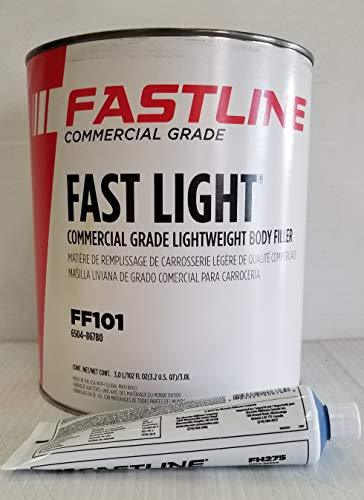
FASTLINE Commercial Grade Lightweight FF101 Body Filler AUTO Paint Restoration CAR Paint Supplies
0 notes
Photo
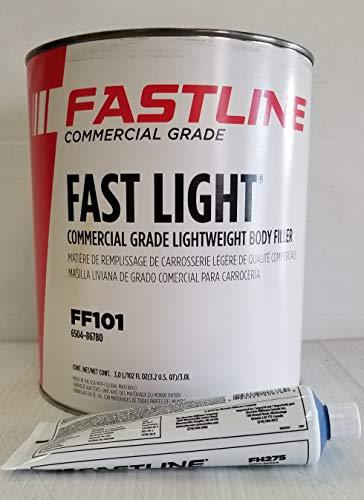
FASTLINE Commercial Grade Lightweight FF101 Body Filler AUTO Paint Restoration CAR Paint Supplies
0 notes
Photo
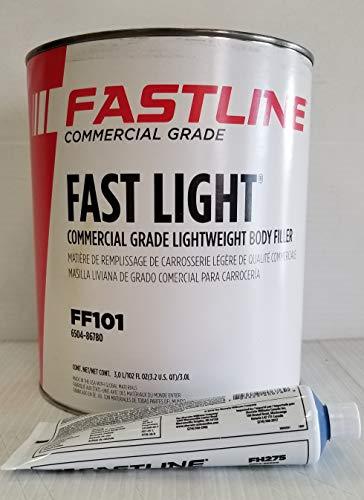
FASTLINE Commercial Grade Lightweight FF101 Body Filler AUTO Paint Restoration CAR Paint Supplies
0 notes
Photo
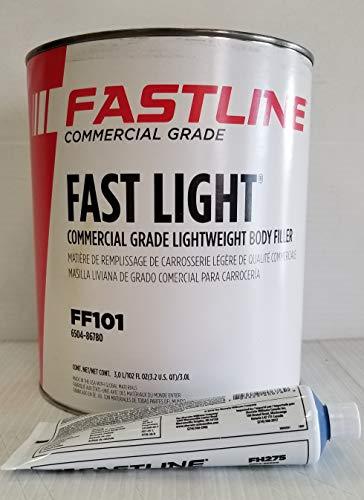
FASTLINE Commercial Grade Lightweight FF101 Body Filler AUTO Paint Restoration CAR Paint Supplies
0 notes
Photo
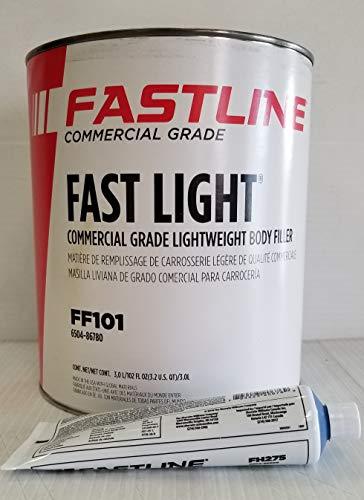
FASTLINE Commercial Grade Lightweight FF101 Body Filler AUTO Paint Restoration CAR Paint Supplies
0 notes
Photo
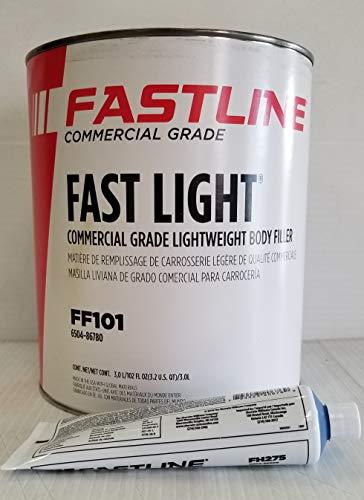
FASTLINE Commercial Grade Lightweight FF101 Body Filler AUTO Paint Restoration CAR Paint Supplies
0 notes
Photo
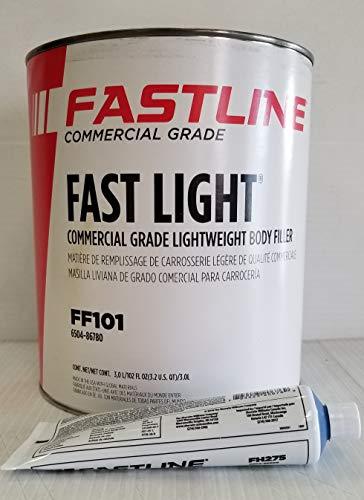
FASTLINE Commercial Grade Lightweight FF101 Body Filler AUTO Paint Restoration CAR Paint Supplies
0 notes
Photo
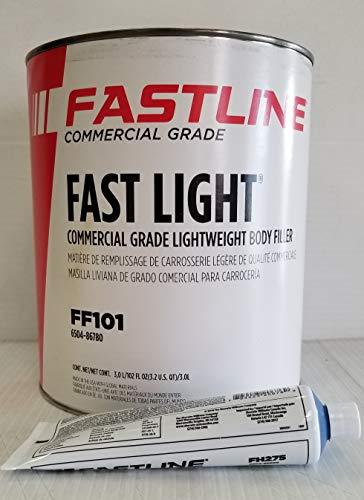
FASTLINE Commercial Grade Lightweight FF101 Body Filler AUTO Paint Restoration CAR Paint Supplies
0 notes